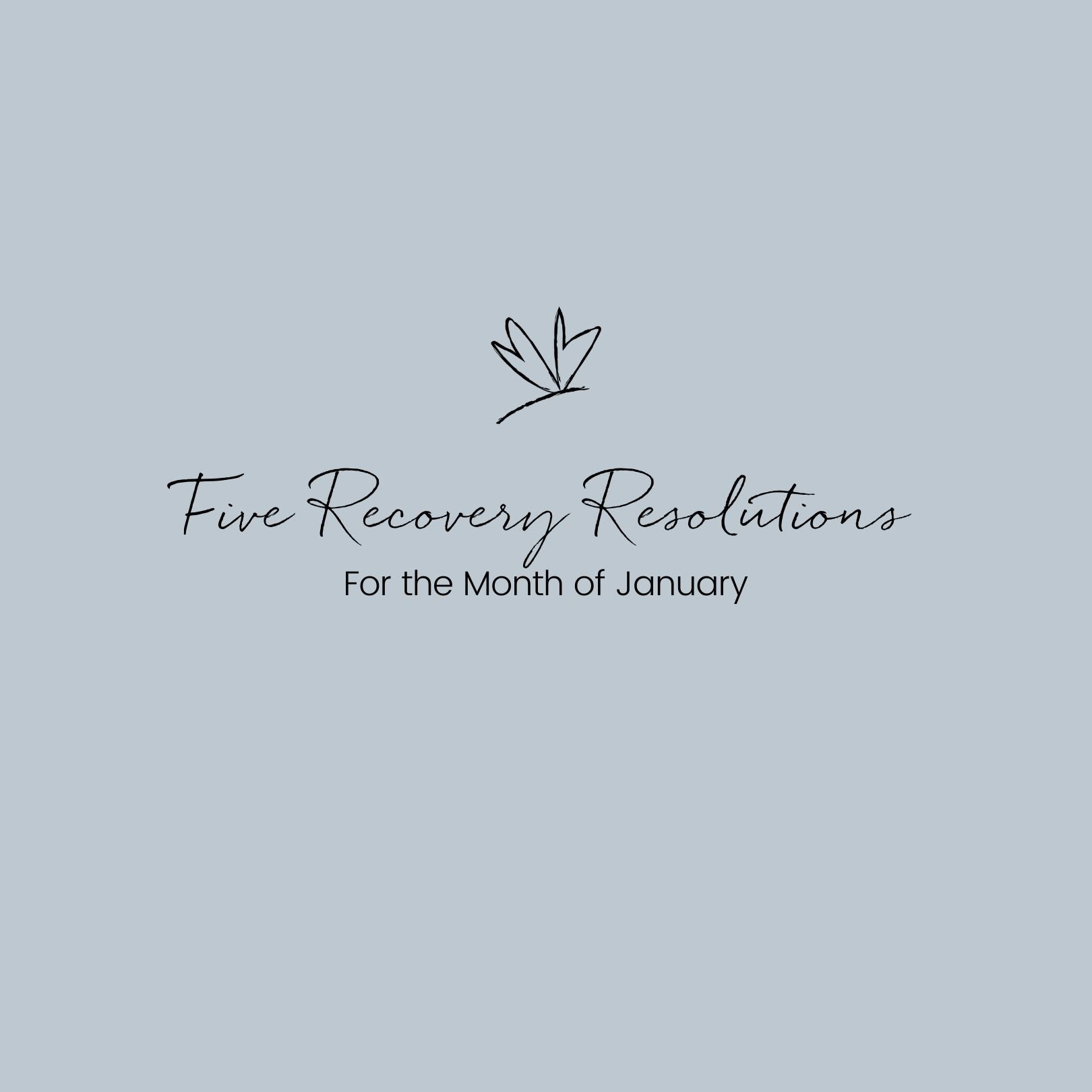School Shutdown...A Threat In Eating Disorders?
What are your feelings about the news that schools will not be returning for several months? Take a read of our founder's views on what the halt on structured education might mean in terms of the vulnerability of young people to eating disorders....
I’m worried.
I need to share with you my deep concerns, in the hope that just a handful of you will read this post, take on board my angst, and play a small part in ensuring my fears come to nothing.
While I’m not a parent, and do not have that first-person perspective of what’s it’s like to be coming to terms with the fact you may now have another 10 weeks of your child not getting daily classroom interaction, I certainly do feel nervous about what an extended period of closed schools might be storing up.
Whatever your feelings and experiences in respect of the UK education system, there are clearly some evident benefits in terms of its contribution to a child’s life.
Those don’t rest simply with potential for academic attainment, but go much further, into social interaction, self awareness, decision making, friendship formation, time planning and accountability.
It’s these factors, and more, which play a significant part in an individual’s sense of purpose, and in so doing, their mental health and wellbeing.
In the weeks since lockdown, I’ve become increasingly worried about the ticking timebomb of young people’s mental health issues, and I’m seeing it play out daily, with referrals and enquiries about the descent into disordered eating among children whose world has turned upside down.
From the seven year old boy who is missing his friendship group so much he’s developed selective mutism and is playing out his distress by refusing to do anything more than pick at food, to a 12 year old girl now consumed by body obsession fuelled by hour after hour spent over-consuming social media and petrified that she’ll no longer be on course for the high-bar career she’s tasked herself with achieving.
That’s not to mention the many parents telling me about teenagers becoming neurotic about exercise and clean eating, or the university students overwhelmed by such unexpected study regimes, and becoming petrified at the thought their lives have been hindered by this disruption in our nation’s story.
I don’t for one minute outline this to suggest that I believe schools prevent mental health or eating disorder issues. That’s not the reality.
Indeed, I’ve developed our Schools Protocol – and begun delivering it pre lockdown with some fabulously forward-thinking schools – specifically to ensure that the education environment is better aware of spotting signs and supporting those who succumb to this deadly illness.
But, without school – and a really robust routine generally – there’s a lot of circumstantial evidence to suggest that young people begin to lose their sense of purpose and feel less validated.
This, combined with anxieties around a much discussed global virus, and a ceasing of ‘normal social activity’, becomes a hotch-potch of factors which seamlessly gives way to a desire for some ‘control’ amid the world’s craziness.
And ‘control’ is the key element often associated with eating disorders. It’s so often during a period of trauma, crisis, puberty, move away from home, relationship collapse, that the eating disorder finds its fertile ground.
I don’t outline my fears here because I’m suggesting that parents at home are any less able to spot an eating disorder manifesting, or to help a child find assistance, but just to remind any of you kind enough to read this post, that early intervention is absolutely vital with an eating disorder, and that the next 10 weeks may well prove to be even more troubling.
- Jun 2020





